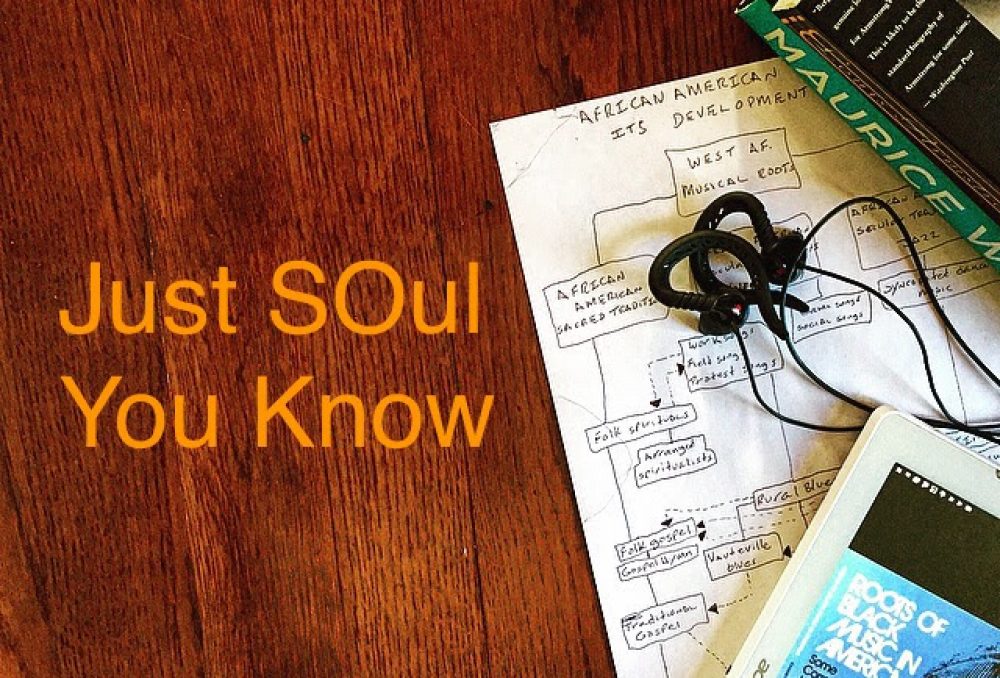
José White Afro-Cuban violinist (1856)
The African-American musician has occupied a crucial space in American history. The African-American violinist is but one of these musicians. Since bondage, they have with their music, shown a preponderance of excellent artistry. The African-American violinist has navigated huge challenges in pursuit to education and training on a particular instrument that embodied the elite in European society. These violinists have over time, masterfully incorporated overwhelming ancient African rhythms and minor tones into European music theory. As such, the violinist has improvised a musical genre where one did not exist. They used music to carve out spaces of privilege and have certainly tasted tiny bits of liberty in an era of enslavement. Solomon Northup notes his peculiar status as a violinist while held captive in his 1853 narrative:
Alas! Had it not been for my beloved violin, I scarcely can conceive how I could have endured the long years of bondage. It introduced me to great houses–relieved me of many days’ of labor in the field–supplied me with conveniences for my cabin with pipes and tobacco and extra pairs of shoes, and oftentimes led me away from the presence of a hard master . . .(p.217)
With the drag of the bow across the vibrating string, the African-American violinist sonically opened a path that led Black bodies out of the perceived state of the primitive and into enlightening agents of sophisticated art.
African-American violinists and their musicianship have been present in the various epochs of African-American history from Black bodied violinist whom were present as slave ships traversed the Atlantic en rout to a new world with the likes of ship fiddler Joseph Antonio Emidy, who due to his grand musicianship suffered the same fate as Solomon Northup albeit more than 50 years earlier. (Emidy went on to teach and conduct chamber music in Brittan) to Jacques Constantin Deburque, who organized the Negro Philharmonic Society of New Orleans in the 1830s to Joseph Douglass, a herald virtuoso and grandson of the late great orator Frederick Douglass (who played some violin himself), toured the U.S. and Europe for over 30 years and became the “first violinist ever to record for Victor Talking Machine Company” to Stuff Smith, who is known for swinging his violin in the pop music genre in the first half of the 20th century. Collectively these African-American violinists have contributed to a continuum of violin music, which still rolls on today.
Black violinist such as Aaron Paul Dworkin; carry on the excellent artistry that has always accompanied them. Classically trained, Dworkin is one of the top violinists in the country. He was awarded the MacArthur Fellowship a.k.a. the “Genius Award” in 2005. His passion to pass on the art of classical music has led him to lend his talents to teaching the urban underprivileged, to serving on the National Arts Policy Commission, and mentoring youth in his own program the Sphinx Organization.
Beyond the classical, contemporary African-American violinists are found in all genres of music further expanding and redefining the musical capabilities of the violin. Artists such as Obed Shelton, shares his musical praises in gospel, Ken Ford, Karen Briggs, and Regina Carter (she is a Genius Award winner, too [2006]) all smoothly bow in the jazz genre.
Meanwhile several ‘Young Gifted and Black’ violinist are actively involved in a cultural and generational call and response as
they incorporate elements of R&B, soul, and hip-hop in their music. Musical groups such as Nothing But Strings and Stuff Smith inspired Black Violin as well as soloist Seth G, innovate genres of music by recalling overwhelming ancient African rhythms intertwined with classical delivery, which harkens back to the work of early African-American violinists. One soloist who has separated himself from the rest in terms of his use of minor tones and incorporating vocals is Marques Toliver. Toliver is able to ebb and flow through out all genres of music. Critics have lauded him as “too big and broad to fit into any one box.” Again improvising a new musical genre where one did not exist.
As a signpost of a sophisticated musician, the African-American violinist has traveled through time, bow in hand, continuously creating musical spaces to witness and musically recount the presence of Black bodies in America. Today they retain classic elements of music as well as rhythmically bow and pluck their strings in new genres of music demonstrating excellent artistry.
Please search the web for more African-American violinists. The above are just a few and they’re a are plenty.
Check these sources for more info:
http://www.oldhatrecords.com/cd1002.html
http://pragmaticobotsunite.com/?s=violinist
http://www.jazzbows.com/blackviolinlinks.html
JSYK




